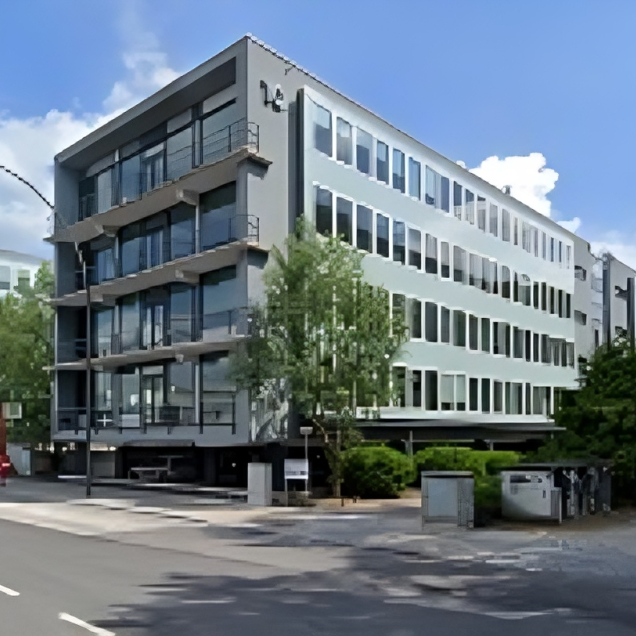Thermal separation processes at DMT ENCOS: expertise and application
The design and application of thermal separation processes are key areas of expertise at DMT ENCOS. These methods are indispensable for many process engineering processes, as they enable the efficient separation of mixtures of substances. Our in-depth knowledge and experience in this area make us a leading provider of solutions for complex separation tasks.
What do we mean by thermal separation processes?
Thermal separation processes utilise the addition of a separating agent to shift the thermodynamic equilibrium between the phases involved in the desired direction. The efficiency and separation effect are significantly increased by the multi-stage principle, as implemented in separation columns, for example. DMT ENCOS has extensive expertise in the following specific industrial sectors:
- Distillation / rectification: Separation of liquid mixtures by heating and condensation. This technique is particularly important in the petrochemical industry, where it is used to produce high-purity products.
- Gas scrubbing / absorption: Removal of impurities from gases by absorption in liquids. This method is often used in environmental technology to reduce harmful emissions.
- Stripping / desorption: Removal of dissolved substances from liquids by gas injection. This technology is crucial for water treatment and the recovery of solvents.
- Vacuum drying: Removal of moisture from materials under vacuum. This method is used in the food industry to improve the quality and shelf life of products.
Our expertise and applications
Our in-depth fundamental knowledge in the field of multiphase thermodynamics enables us to efficiently design and plan even complex separation tasks. We use powerful process simulation programmes such as PRO II or ASPEN-Plus to develop precise and reliable solutions. Our references in basic and detailed engineering include projects for the petrochemical and refinery industries through to the food industry and much more. Here are some excerpts:
- Basic and detailed engineering of distillation columns: Separation of fatty alcohol mixtures, including the associated peripherals. These projects require precise planning and optimisation of the columns in order to achieve the desired purity levels.
- Flash columns: Evaporation of extract mix with integrated heat integration. This technology enables efficient energy utilisation and helps to reduce operating costs.
- Amine scrubbing: Separation of H₂S from acid gases. This application is crucial for safety and environmental compatibility in gas processing.
- Distillation columns: Separation of amine mixtures. These projects require precise control of the process conditions in order to achieve the desired product qualities.
- Product strippers: Separation of solvent residues from lubricating oil products. This technology is important for the production of high-quality lubricants.
- Vacuum dryer: Thermal treatment of edible oils in spray columns. This method improves the quality and stability of edible oils.
Advantages of our thermal separation processes
By using our thermal separation processes, you benefit from:
- Efficient separation solutions: Optimisation of separation processes to maximise product quality and purity. Our solutions are designed to increase efficiency and reduce operating costs.
- Cost efficiency: Reducing operating costs through energy-efficient processes. We rely on sustainable technologies to minimise environmental impact and increase profitability.
- Flexibility: Customisation of solutions to meet the specific requirements and conditions of your industry. Our experts work closely with you to develop customised solutions that meet your needs.
- Reliability: Utilising proven technologies and methods to ensure process stability. Our processes are designed to ensure the safety and reliability of your equipment.
Innovations and future prospects
DMT ENCOS is constantly striving to develop innovative solutions that meet the changing needs of the industry. We continuously invest in research and development to explore new technologies and processes that further improve the efficiency and sustainability of our thermal separation processes. Our future prospects include the integration of digital technologies and automation to optimise process control and further reduce operating costs.

